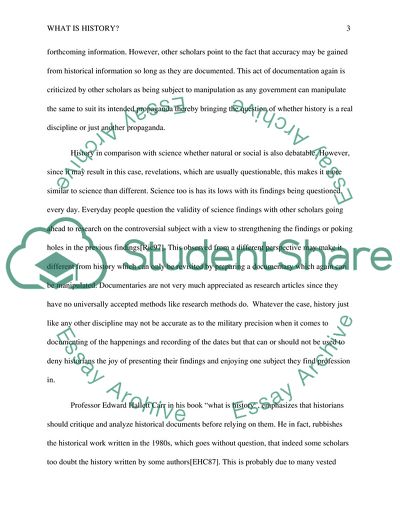Cite this document
(What Is the History - History Science or Creative Arts Essay Example | Topics and Well Written Essays - 2250 words, n.d.)
What Is the History - History Science or Creative Arts Essay Example | Topics and Well Written Essays - 2250 words. https://studentshare.org/history/1881959-history-science-or-creative-arts
What Is the History - History Science or Creative Arts Essay Example | Topics and Well Written Essays - 2250 words. https://studentshare.org/history/1881959-history-science-or-creative-arts
(What Is the History - History Science or Creative Arts Essay Example | Topics and Well Written Essays - 2250 Words)
What Is the History - History Science or Creative Arts Essay Example | Topics and Well Written Essays - 2250 Words. https://studentshare.org/history/1881959-history-science-or-creative-arts.
What Is the History - History Science or Creative Arts Essay Example | Topics and Well Written Essays - 2250 Words. https://studentshare.org/history/1881959-history-science-or-creative-arts.
“What Is the History - History Science or Creative Arts Essay Example | Topics and Well Written Essays - 2250 Words”. https://studentshare.org/history/1881959-history-science-or-creative-arts.


